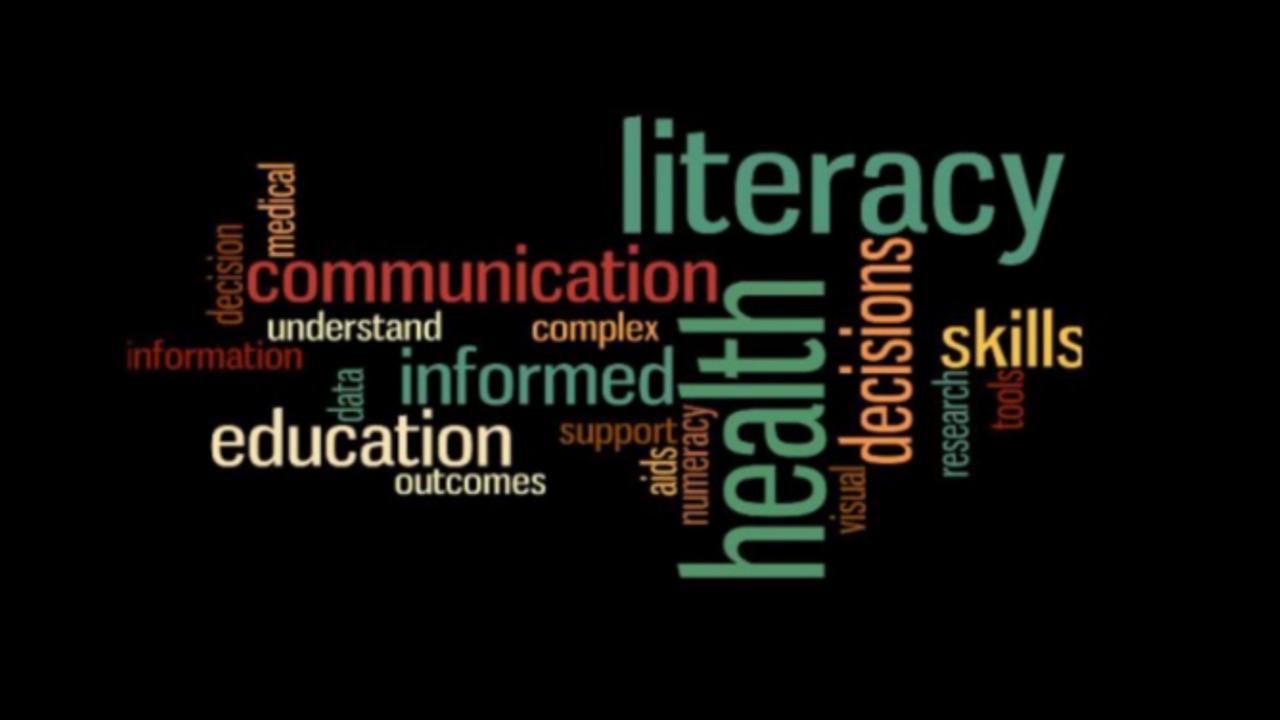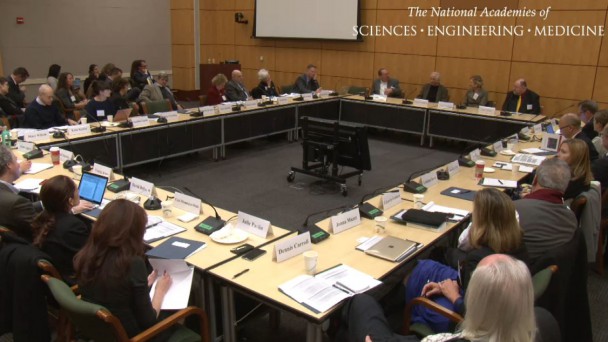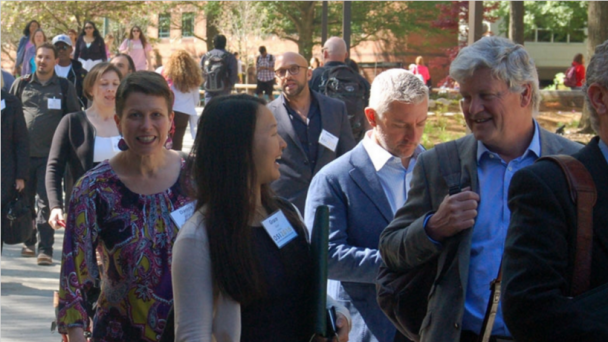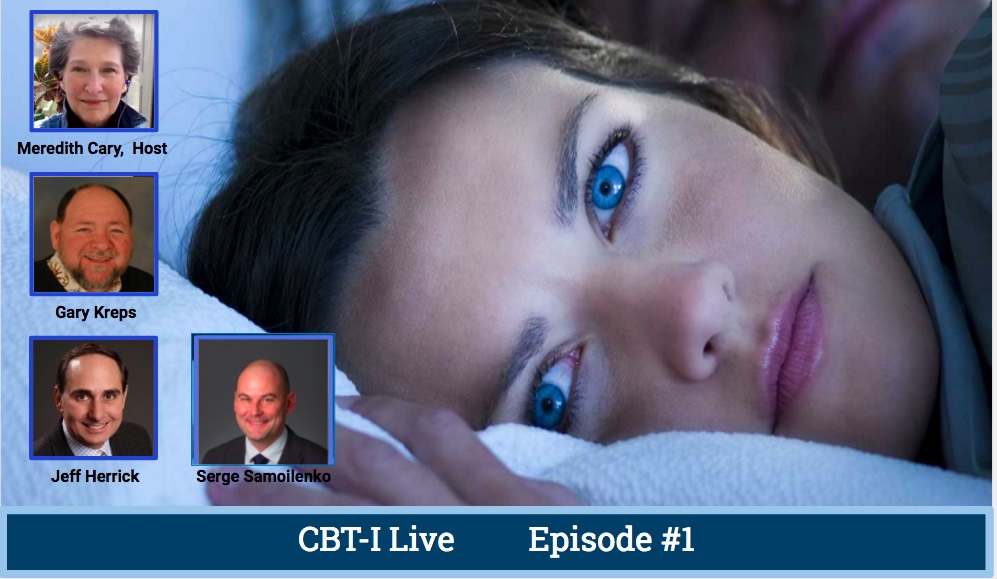DCHC 2017 Conference
The main conference will feature competitive papers, posters and panel sessions covering not only issues related to the conference theme of “Patient-Centered Health Communication” but also to broadly defined concerns across a breadth of topics relevant to health communication research and practice.
The conference reception Friday evening will be held in a lovely outdoor setting to offer participants an opportunity to relax after a full day of work. Saturday, April 29th will continue additional competitive paper and panel sessions and will conclude with a luncheon keynote presentation by the winner of The Charles Atkin Award for Outstanding Translational Health Communication Scholar.
OnAir Post: DCHC 2017 Conference
HMD – Communication and Infectious Disease
Information
Link to webcast Agenda Planning Committee HMD website: nationalacademies.org/hmd/About-HMD.aspx
Contact: MicrobialThreats@nas.edu Address: Keck Center 500 Fifth St. NW Washington, DC 20001
This workshop, organized by the Forum on Global Health – Health and Medicine Division of the National Academies of Science, Engineering and Medicine- is free and open to the public, but registration is required. The workshop will also be webcast, and all videos of the webcast recordings will be archived on the workshop website.
Overview
Building communication capacity is critical for the preparedness, detection and response to infectious disease threats. The International Health Regulations (IHR) establish risk communication as a core capacity that member states must fulfill to strengthen the fight against these threats. Despite global recognition of the importance of complying with IHR, 67% of signatory countries report themselves as not compliant. This lack of capacity has grave consequences as shown during the West Africa Ebola epidemic. The lack of communication infrastructure and procedures in place delayed the transmission of key messages from public health and government officials to the public. Furthermore, no mechanisms were in place for the public to share their questions, concerns and fears with public health authorities.
By ...
OnAir Post: HMD – Communication and Infectious Disease
Open Science Initiative conferences
Summary
The Open Scholarship Initiative (OSI) brings together a diverse and high-level group of scholarly publishing decision makers from around the globe into a series of annual meetings that are thoughtfully designed and constructed so these leaders can personally share their ideas and perspectives and look for common ground and actionable solutions.
OSI is managed by the National Science Communication Institute (nSCI) in long-term partnership with UNESCO (the United Nations Educational, Scientific, and Cultural Organization). GMU Communications and Press Forward hosted the first of 10 annual conferences.
Information
Website: http://osinitiative.org/
About
What should the future of scholarly publishing look like? How about open access? Who should decide? Can journals become more affordable and accessible? Will journals continue to serve as the primary means of communicating research? Can institutional repositories work together more effectively to integrate the world’s knowledge? Finding the answers to these and other related questions is important for research growth, research funding, public education and policy development, global economic development, global information access and equity, and more. And there are many different stakeholder groups working to find the answers. But not together, and not until now.
The Open Scholarship Initiative (OSI) is an ambitious, global effort to establish high level dialogue and cooperation on these ...
OnAir Post: Open Science Initiative conferences
Pilot: CBT-I Live #1
Tens of millions in the U.S. struggle with insomnia and yet few doctors refer to CBT-I (Cognitive Behavioral Therapy for Insomnia), a behavioral therapy that the American College of Physicians says should be the first-line treatment.
Our online streaming chats will feature CBT-I specialists who will share all the ways to get affordable, accessible CBT-I - anywhere. This introductory episode explains how we hope to go forward with future shows.
OnAir Post: Pilot: CBT-I Live #1




